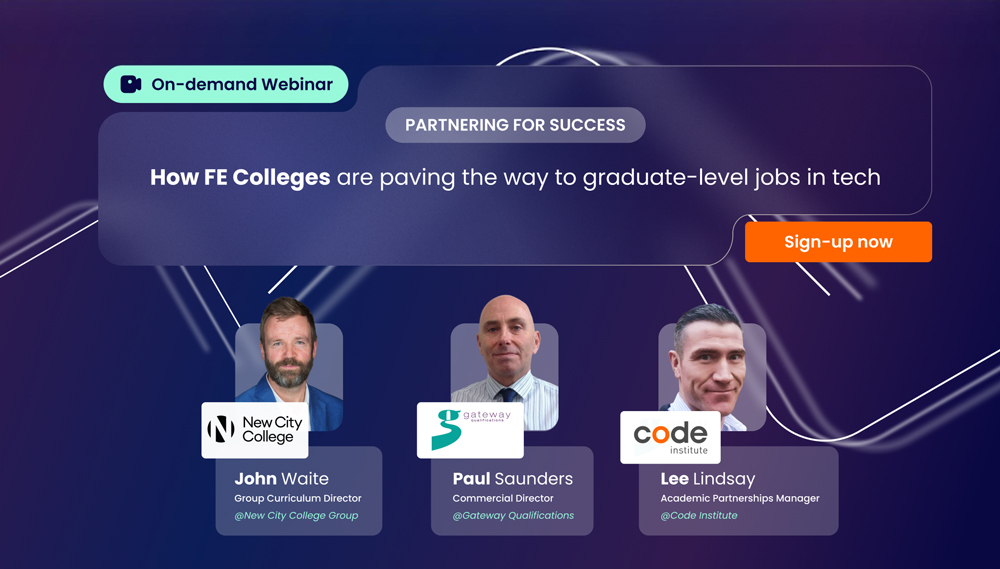The Digital Skills Shortfall
The UK’s economy is undergoing a profound transformation as demand for advanced digital skills surges across industries. In fact, a 2024 report by the Learning and Work Institute highlights that 49% of employers struggle to hire staff with the digital and tech skills they need, a shortage that is reportedly costing the UK economy £63 billion per year.
The need for a digitally skilled workforce is not just a national priority; it is also regionally specific. According to Skills England’s first assessment of the nation’s skills needs (Skills England: Driving growth and widening opportunities 2024), over a third of UK vacancies in 2022 were attributed to skills shortages – a sharp increase compared to the period from 2013 to 2017.
The report also underscores regional variations in labour market needs, with Local Skills Improvement Plans (LSIPs) identifying sector-specific skills gaps and highlights the importance of skills for economic growth, with around one third of average annual UK productivity growth attributable to an expansion of skills available in the workforce between 2001 and 2019. These findings underscore the urgent need for a more targeted, regionally informed approach to addressing the digital skills gap.
Why FE Colleges Are Uniquely Positioned to Address the Digital Skills Gap
Further Education colleges have long been pillars of community-focused education, making them uniquely positioned to tackle the UK’s digital skills gap. As institutions embedded within their local economies, FE colleges have an unmatched ability to align their curriculum with the needs of regional employers, creating job-ready learners equipped for real-world challenges.
Strong employer partnerships are central to their success. By collaborating with advisory councils and businesses in key sectors, FE colleges gain invaluable insights into the skills that employers demand most – whether it’s coding, IT support, or software development. These collaborations allow colleges to offer industry-informed courses that stay ahead of evolving market trends, ensuring graduates are work-ready from day one.
In addition to their industry alignment, FE colleges provide inclusive learning opportunities for students who may face barriers to traditional university routes. Flexible qualifications, such as Code Institute’s Introduction to Software Development RQF Level 3, offer accessible entry points to education and, in many cases, funding options that remove financial barriers. For learners ready to advance, the Diploma in Web Applications Development RQF Level 5 builds on these foundations, equipping students with advanced skills for graduate-level roles in IT and software development.
This pathway is more than just a sequence of courses, it’s a holistic approach to education. FE colleges often combine technical qualifications with career support, such as CV-building workshops, interview preparation, and job placement assistance. By addressing both the academic and practical needs of students, colleges ensure learners are prepared not only to secure employment but to thrive.
Crucially, FE colleges are also tailored to meet the unique needs of their regions ensuring that they are not only addressing the digital skills gap but also driving local economic growth by connecting learners to industries that need them most.
Discover More in Our Webinar
We invite you to join Paul Saunders, Commercial Director at Gateway Qualifications, and John Waite, Group Curriculum Director at New City College Group, and watch our webinar: “Partnering for Success: How FE Colleges are paving the way to graduate-level jobs in tech” to explore this theme in greater detail.
In this session, you will gain insights into:
● Why FE colleges are uniquely positioned to address the UK’s digital skills gap
● The importance of equipping learners with skills that meet local workforce needs
● Effective curriculum planning for producing job-ready learners
● How regulated qualifications can create a pathway to graduate-level IT jobs
● Success stories and employment outcomes

















Your thoughts